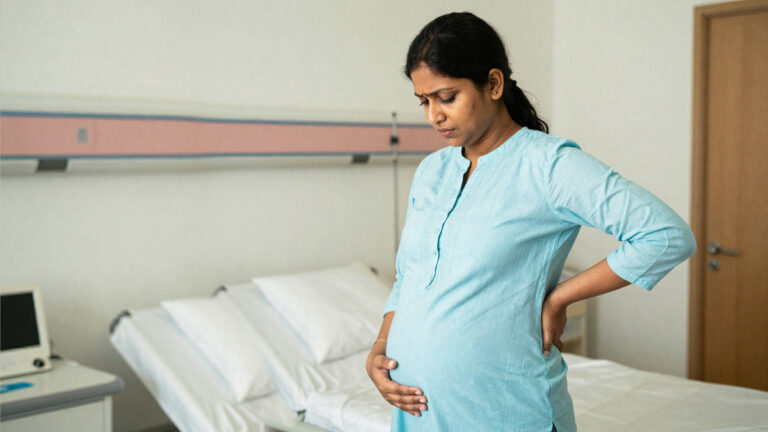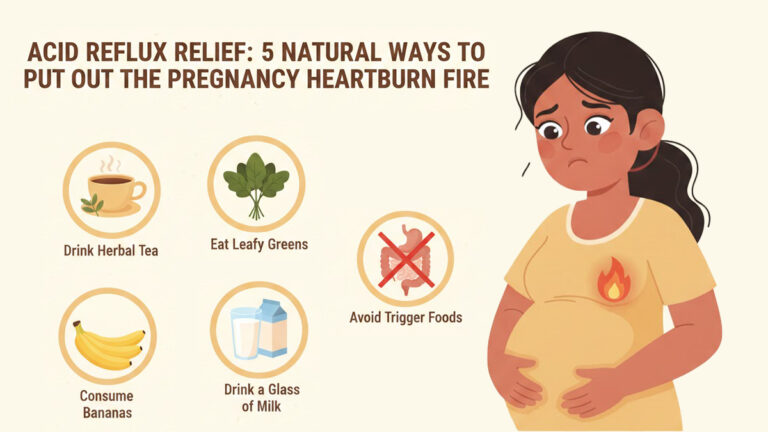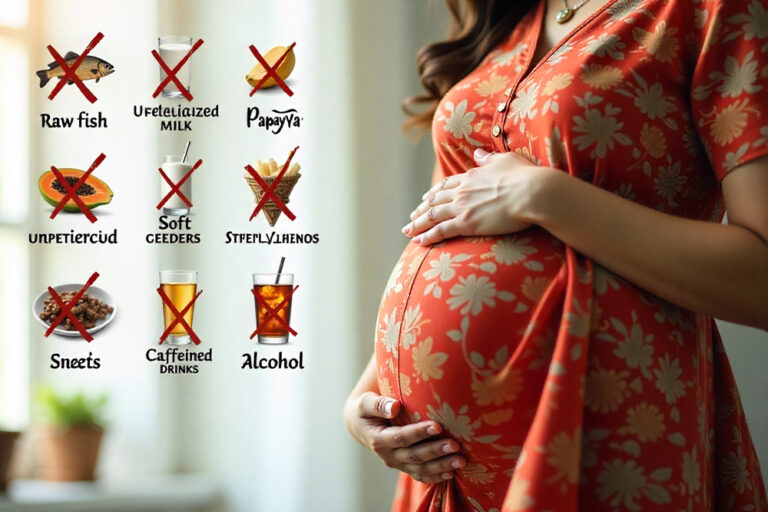Introduction
Ovulation is a natural process of a matured egg getting released into the ovary. The ovulation process is crucial to the menstrual cycle, fertility, and pregnancy. The ovulation process lasts for only 12-24 hours. The eggs move into the fallopian tube for 12-24 hours. The ovulation happens between the days 11-21 of the menstrual cycle.
Every woman must understand her menstrual cycle to plan her pregnancy successfully. A normal menstrual cycle is usually for 28 days, and a woman ovulates between 13-14 days, typically after her last period.
You can look for ovulation signs apart from tracking your cycle. There will be changes in vaginal secretions(mucous). There can be changes in your basal body temperature, bloating, breast tenderness, light spotting, etc.
What causes a lack of ovulation?
Lack of ovulation is also known as Anovulation. Some symptoms of Anovulation are not geting periods on time, or not getting periods at all, excessive bleeding, light bleeding during the menstrual cycle, not having cervical mucus, or irregular basal temperatures.
Anovulation is a complex process due to potential issues in several glands, hormones, and organs. Some reasons are:
PCOS – Polycystic Ovarian Syndrome: PCOS causes women to ovulate irregularly or sometimes never. PCOS is related to elevated levels of testosterone.
Premature ovarian insufficiency (POI): In this condition, the woman’s ovaries fail before she is over 40, leading to premature menopause. The causes are unexplained, but common reasons can be some medical conditions and exposures.
Hypothalamus or pituitary gland dysfunction: Hypothalamus or pituitary gland produces hormones responsible for ovulation. Any dysfunction of these glands can result in a lack of ovulation.
Diminished Ovarian reserve: Women with DOR will have fewer eggs and may not ovulate. The causes can be medical, by birth, or surgical reasons.
Functional hypothalamic amenorrhoea
How to release two eggs during ovulation naturally?
Multiple ovulation or hyper ovulation is a condition when both the ovaries release one egg or two eggs. At times more eggs are released by one ovary or both ovaries. This process of releasing two eggs is known as hyperovulation. This is genetic and may be passed on from a mother to her daughter. Hyperovulation can lead to twins and, in some cases, triplets. Sometimes oral medications like clomiphene may increase the chances of natural ovulation.
There are several ways to increase the egg release naturally. Firstly, eat food rich in antioxidants, and protein-based food, eat fewer refined carbs and avoid transfat food.
Foods to help ovulate naturally.
Ovulation can be increased naturally. To begin with, physical fitness is essential. You must exercise at least 3-4 days a week. Nutrition is also essential as it is directly related to physical health.
Eating balanced meals with the appropriate intake of protein, carbohydrates, fiber, and essential fats would be best. Folic acid is more related to fetal development and well-being than conception. This vitamin is essential during the first few weeks of pregnancy.
Water: You must drink a lot of water to support hormonal balance, organ functioning, and removal of toxins from the body.
Complex carbohydrates: You can get carbohydrates from whole grains, legumes, vegetables, peas, beans, etc. will provide complex carbohydrates to the body.
Protein: Protein helps in the healthy functioning of organs and body tissues. Fish, meat, lentils, eggs, chicken, Salmon, and dairy products are good protein sources.
Fatty acids: Fatty acids help have a healthy pregnancy and a healthy baby.
Milk: A study revealed that women who drank 2-3 glasses of milk every day had fewer infertility issues and failed ovulation issues.
Zinc: Zinc deficiency can adversely impact male and female fertility. Taking Zinc supplements under a fertility doctor’s supervision can help boost ovulation. Zinc is found in whole grains, beans, onions, peas, eggs, etc.
Vitamin B6: Getting the correct dose of this vitamin can help produce and regulate female hormones like estrogen and progesterone. You can get B6 vitamin by consuming peanuts, Salmon, bananas, soya beans, eggs etc.
Vitamin C: Vitamin C helps to have healthy ovulation. Fruits like strawberries, oranges, blueberries, etc., contain vitamin C.
Vitamin E: Consumption of Vitamin E helps in the effective hormonal functioning of women.
Therefore, eating the right food will help to increase ovulation.
How to induce ovulation naturally in PCOS?
Women who are overweight and have PCOS may face challenges in ovulation. A slight decrease in weight can result in healthy ovulation. Dietary modifications and regular exercise can also help to increase the chances of ovulation.
How to increase follicle size fast naturally?
To increase the follicle size naturally, you must eat nutritionally rich food. You must include eggs, nuts, green leafy vegetables, dry fruits, and nuts in your diet. Coenzyme Q10 (CoQ10) is a powerhouse that boosts ovulation naturally. A Coenzyme Q10 (CoQ10) supplement can lead to a higher fertilization rate.
Conclusion: Ovulation is a natural process that helps to boost fertility and helps a woman to get pregnant. We have discussed the natural ways to increase ovulation which is the best way to increase ovulation. However, ovulation can also be increased under the guidance of a fertility doctor.








